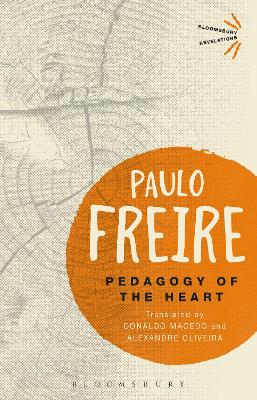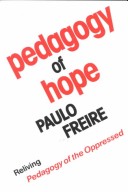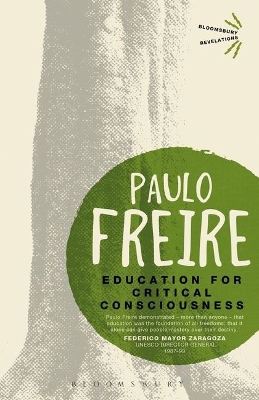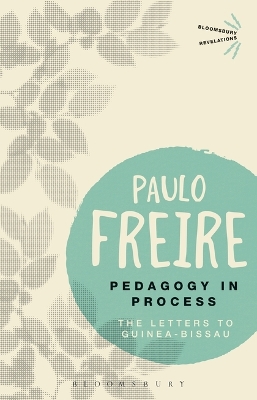Bloomsbury Revelations
4 total works
Pedagogy of the Heart represents some of the last writings by Paulo Freire. In this work, perhaps more so than any other, Freire presents a coherent set of principles for education and politics. For those who have read Freire's other works the book includes new discussions of familiar subjects including community, neoliberalism, faith, hope, the oppressed, and exile. For those coming to Freire for the first time, the book will open up new ways of looking at the interrelations of education and political struggle. Freire reveals himself as a radical reformer whose lifelong commitment to the vulnerable, the illiterate and the marginalised has had a profound impact on society and education today.
The text includes substantive notes by Ana Maria Araujo Freire, a foreword by Martin Carnoy and a preface by Ladislau Dowbor.
The text includes substantive notes by Ana Maria Araujo Freire, a foreword by Martin Carnoy and a preface by Ladislau Dowbor.
With Pedagogy of Hope, Freire explores his best-known analytical themes - with even deeper understanding and a greater wisdom. Certainly, all of these themes have to be analyzed as elements of a body of critical, liberationist pedagogy. In the present book, we come to understand the author's pedagogical thinking even better, through the critical seriousness, humanistic objectivity, and engaged subjectivity which, in all of Freire's books, are always wedded to a unique creative innovativeness.
The Brazilian humanitarian and educator suggests a plan for liberating the oppressed peoples of the world through education. Bibliogs.
Pedagogy in Process presents a first-hand account of the most comprehensive attempt yet to put into practice Paulo Freire's theory of education within a real societal setting.
When Guinea Bissau on the West African coast declared independence in 1973 the rate of illiteracy in its adult population was ninety percent. The new government faced the enormous task of educating its citizens. With Freire as collaborator and advisor the government launched a huge grass-roots literacy campaign and this book is Freire's memoir of that campaign. Those familiar with Freire's work will identify his ongoing insistence on the unity between theory and practice, mental and manual work, and past and present experience. This is essential reading for anyone interested Freire's revolutionary ideas on education and the transformative power they hold when applied to society and the classroom.
When Guinea Bissau on the West African coast declared independence in 1973 the rate of illiteracy in its adult population was ninety percent. The new government faced the enormous task of educating its citizens. With Freire as collaborator and advisor the government launched a huge grass-roots literacy campaign and this book is Freire's memoir of that campaign. Those familiar with Freire's work will identify his ongoing insistence on the unity between theory and practice, mental and manual work, and past and present experience. This is essential reading for anyone interested Freire's revolutionary ideas on education and the transformative power they hold when applied to society and the classroom.



